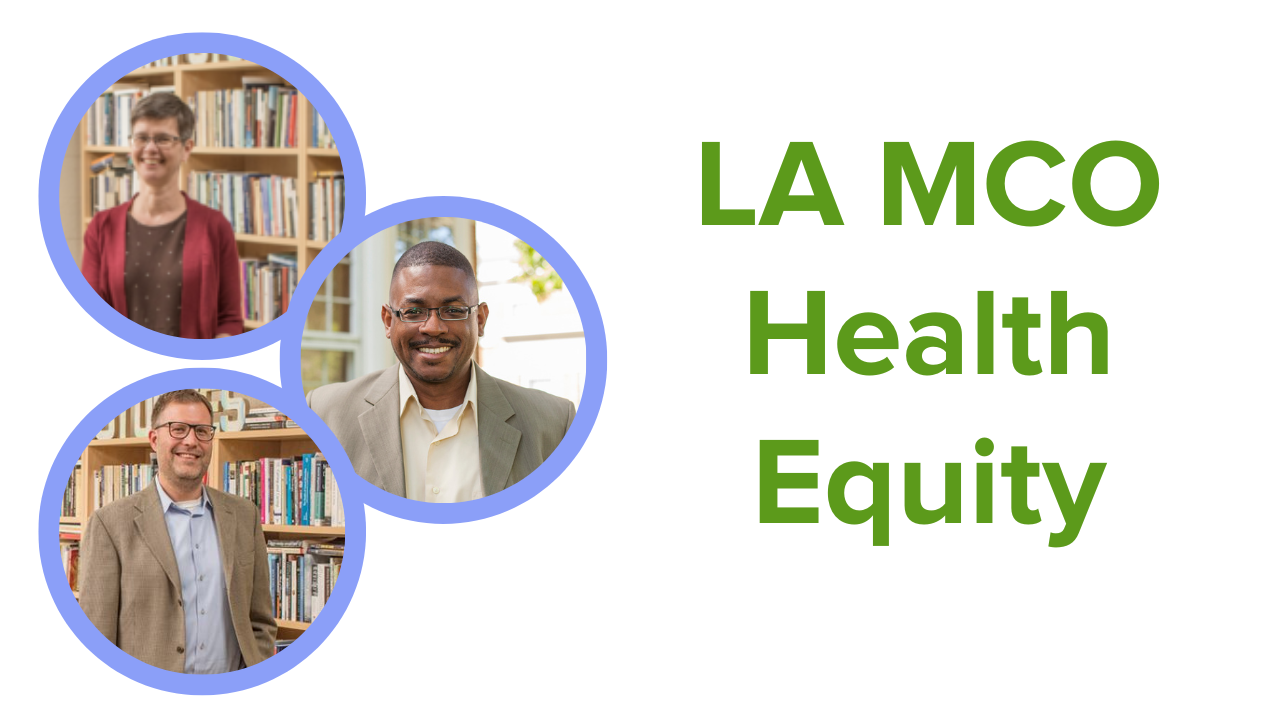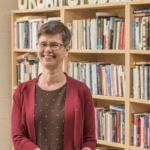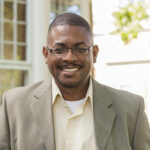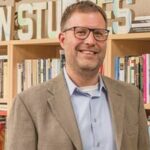
Advancing Wellness Together: Louisiana Health and Healthcare Equity Conference
Information
Recorded
-
-
-
-
Location
-
Room #131 inside the Professional Services Building at Dillard University
2601 Gentilly Boulevard
New Orleans, LA 70122
Description
These trainings are a requirement from the Louisiana Department of Health for providers who contract with Medicaid Managed Care Organizations as part of the Health Equity initiative. Below are the workshops included in this course. Full attendance for each workshop is required to receive continuing education credit. Attendance from only one (1) regional “Justice is Part of the Job” workshop is needed to fulfill requirements.
Justice is Part of the Job: Understanding the Social Forces that Affect Health
Offered Regionally
This course introduces the biological bridge that links social differences to health disparities and explores how those social differences result from a long history of policy choices that deliberately left racial and ethnic minorities at a disadvantage. The first part of the lecture explores how social inequality produces a stress response that, over time, causes diseases like diabetes, hypertension, and stroke. The second part explores the lives and family histories of two children who inherit social inequalities that produce different health outcomes.
First, Do No Harm: Understanding Bias in Healthcare
Our brains evolved for bias. The drive to find nutritious foods in a world filled with potentially lethal options produced a brain that prioritizes the familiar and assumes patterns are true. The result is that we belong to a species that defaults to status quo patterns of social power. The result for healthcare providers can be forms of bias that produce disparities in the quality of clinical care offered to stigmatized individuals. This course introduces ways we can reduce defensiveness about bias so that we can take responsibility for it and mitigate its effects. Our evolutionary heritage also left us not only with bias but also with ways to train our intuitions to disrupt it.
Change: From Learning About Equity to Building Equity
The concept of health disparities is not new. Since at least the 16th century, politicians, ‘scientists,’ and colonial authorities have explored divergences in the health of indigenous, colonial, and often slave populations. Early medical journals in the United States were filled with descriptions of the poor health of African slaves. Yet, in the past several decades, this long-known reality has been transformed into a ‘problem’ for our major health care, political, scientific, and philanthropic institutions. Yet, knowledge about health inequality and the social determinants of health does nothing to build durable health equity infrastructure. This talk will explore change mechanisms that can shift health equity from curriculum to healthcare practice.
Target Audience
- Counselor
- Marriage & Family Therapist
- Nurse Practitioner, Nurse-Midwife, Clinical Nurse Specialist
- Nurse Practitioner, Nurse-Midwife, Clinical Nurse Specialist
- Physician (MD), Physician’s Assistant, Doctor of Osteopathy (DO)
- Physician (MD), Physician’s Assistant, Doctor of Osteopathy (DO)
- Psychologist
- Social Worker
- Substance Use Disorder Professionals
Presenters


Dr. Kendra G. Hotz is the Robert R. Waller Chair of Population Health and Associate Professor of Urban Studies at Rhodes College. She is the inaugural director of the Institute for Health Equity and Community Justice at Rhodes College, which creates customized health equity curricula for healthcare systems, managed care organizations, medical schools, and graduate medical education programs. Dr. Hotz has authored or co-authored four books and several articles and chapters. Her research focuses on the relationship between social inequalities and health. Dr. Hotz has been named a Faculty-in-Residence at The Center for Bioethics and Health Equity at LeBonheur Children’s Hospital. She lives in downtown Memphis with her spouse Matt Mathews, a fine art photographer. She is an enthusiastic bike commuter and loves everything about dogs.

Dr. Duane T. Loynes Sr. is an Assistant Professor of Urban Studies and Africana Studies at Rhodes College in Memphis, Tennessee, and also serves as the Associate Director of Equity & Culture for the Institute for Health Equity and Community Justice at Rhodes College. His research and teaching are situated at the sweet spot where race, philosophy, religion, culture, and justice intersect. Dr. Loynes earned an interdisciplinary Ph.D. in Religious Studies from Marquette University, a program that allowed him to integrate theology, philosophy, and culture. He also has an M.A. in Philosophy (Northern Illinois University), an M.A. in Christian History and Theology (Wheaton College), and a B.A. in Communication and Organizational Leadership (Trinity International University). Dr. Loynes is researching the fractured relationship between Black communities and law enforcement, applying the theoretical frameworks of Afro-pessimism, critical. race theory, and implicit bias to understand the complex dynamics of anti-Black state violence in the United States. He also trains healthcare professionals and pre-med students on developing practices to minimize implicit bias’s role in framing the patient-provider relationship.

Dr. Peter Hossler joined the Urban Studies Program as an assistant professor in Fall 2013. Dr. Hossler has a Ph.D. in geography from the University of Georgia. Before he arrived at Rhodes College, he was a research associate in urban political economy at the School of Geographical & Earth Sciences at the University of Glasgow. Dr. Hossler’s research interests have focused on developing health equity infrastructure for low-income communities, focusing on primary care and SUD/OUD treatment and recovery services. His most recent publications include an exploration of the impact of philanthropic foundations on critical community resources in Memphis, TN. Additionally, he is the project director on three federal grants, two of which aim to increase the availability of evidence-based approaches to reducing the harmful impacts of risky substance use (RCORP Planning Grant; RCORP Implementation Grant). The third seeks to better understand Covid-19 vaccine hesitancy and improve vaccination rates in under-vaccinated communities across Memphis. Additionally, he is the Co-Founder and Director of the Wellness and Stress Clinic of Memphis, a free primary care clinic in the Oakhaven community of Memphis, TN.
Financially Sponsored By
- Imagine Recovery
- Humana Healthy Horizons in Louisiana
- Louisiana AAP
- Louisiana Healthcare Connections
- UnitedHealthcare Community Plan- Louisiana
- Cypress Lake Recovery
- Healthy Blue Louisiana